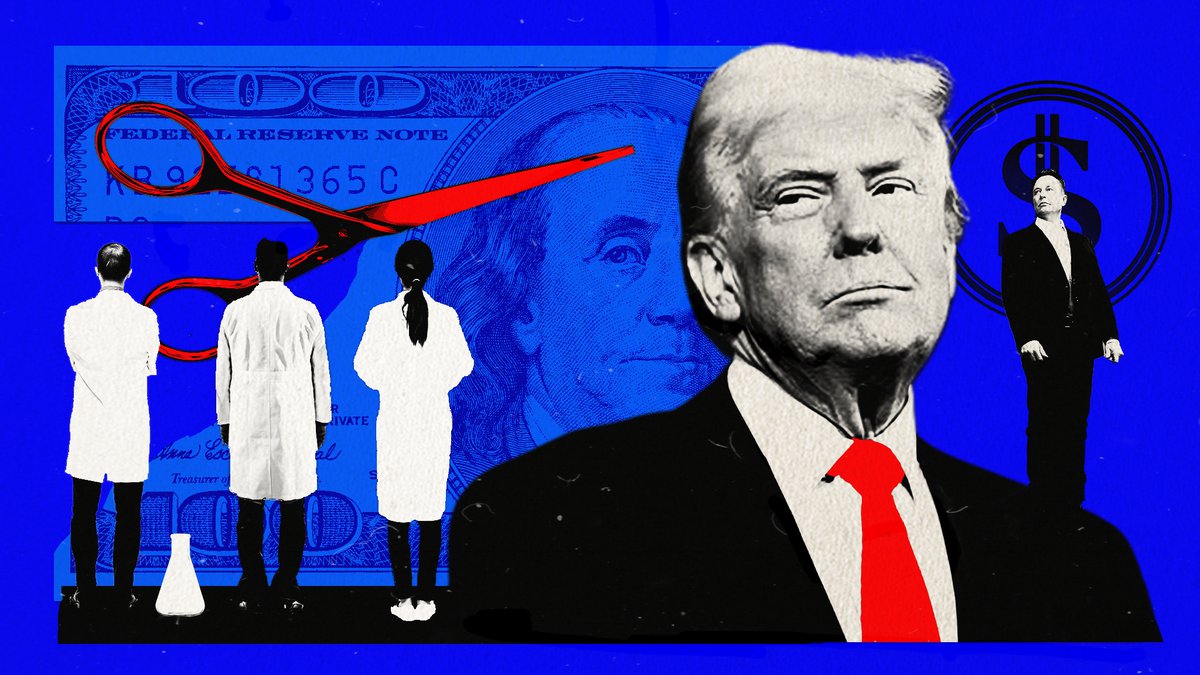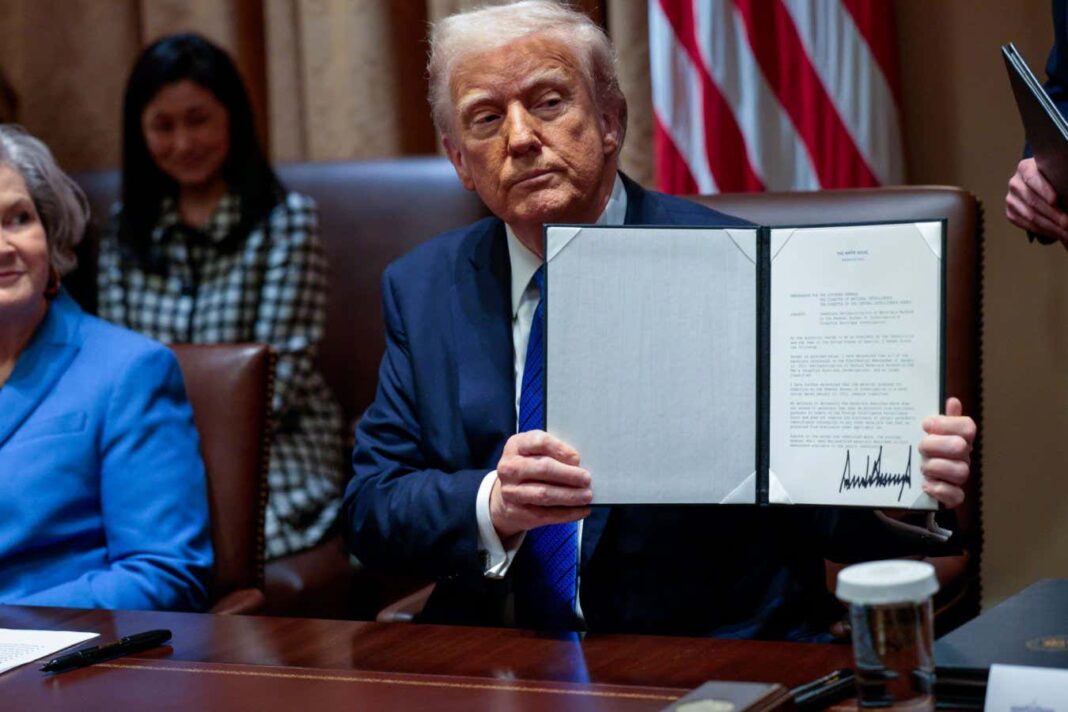## The Endless Frontier Fades: Is Trump’s Science Budget a Harbinger of a Darker Future?
For decades, the American dream has been intricately woven with the promise of scientific progress. From landing on the moon to mapping the human genome, the “Endless Frontier” of discovery has fueled innovation and prosperity. But what happens when that frontier begins to shrink?

A Break from the Past: Neoliberal Policies and Privatization

Since the second world war, US economic prosperity and major technological developments have hinged upon the government’s commitment to funding scientific research. The Trump administration is ending that.
In a letter to Michael Kratsios, director of the US Office of Science and Technology Policy, the Trump administration said on 26 March that the US needs to revitalise its science and technology enterprise and accelerate research and development. But President Donald Trump has spent the early months of his second term dismantling the very research apparatus built for this purpose.
The Historical Context of Neoliberal Policies and Their Influence on Science Funding
At the conclusion of the war, which had prompted research and scientific advances that helped the United States prove its mettle as a rising global power, Vannevar Bush, the science and technology adviser to Presidents Roosevelt and Truman, advocated for increased federal government funding for basic research conducted at universities and industrial laboratories.
This investment, he argued in his groundbreaking 1945 report, “Science: The Endless Frontier,” would improve national security and economic prosperity, and cement the U.S.’s status as a global hegemon.
The Role of Oligarchs and Industry Leaders in Shaping Trump’s Policies
When viewed within this historical context, the current funding freeze and indirect research cost cuts are a logical endpoint to the cascade of neoliberal policies, especially when the oligarchs who championed Trump’s campaign are now vying to win over his favor in attempts to line their own pockets with government funds.
- For example, while DOGE is cutting NASA’s budget under the so-called “anti-woke” crusade, Musk’s Tesla and SpaceX were awarded $18 billion in government funding.
- Despite the crucial role of the NIH to fund biomedical research and development, biotech industry leaders have been quiet about the NIH cuts—an unsurprising response given the industry’s ties with Trump.
- Pfizer CEO Albert Bourla and Eli Lilly CEO David Ricks, for example, visited Mar-a-Lago in January to meet with Trump before he was even inaugurated.
Implications and Consequences
The Fallout for Scientific Research and Development
The impact on biomedical research, national security, and economic prosperity will be severe.
The effects on graduate students, postdocs, and the scientific workforce will be profound.
The funding freeze and cuts to indirect research costs will also have a crippling effect on the ability of universities and research institutions to fund research projects.
A Shift in Power Dynamics: Industry Leaders and Government Funding
The silence of biotech industry leaders and their ties to Trump is a stark reminder of the shift in power dynamics.
The awarding of government funds to companies like Tesla and SpaceX is a clear indication of the Trump administration’s priorities.
Conclusion
As the Trump administration’s cuts to science funding continue to take hold, the question remains: are we witnessing the demise of the endless frontier, the very driving force behind America’s scientific prowess? The article delves into the far-reaching implications of these cuts, highlighting the devastating impact on various fields, from climate change research to medical breakthroughs. The slashing of funding for institutions such as the National Institutes of Health and the National Oceanic and Atmospheric Administration not only undermines the country’s ability to address pressing global challenges but also erodes its competitive edge in the scientific community.
The significance of this issue cannot be overstated. The endless frontier, a concept coined by Vannevar Bush in 1945, has been the cornerstone of America’s scientific advancement, driving innovation and discovery. The cuts not only threaten to stifle this progress but also jeopardize the country’s position as a global leader in science and technology. As the world grapples with complex challenges such as climate change, pandemics, and sustainable energy, the need for scientific research and innovation has never been more pressing. The long-term implications of these cuts are dire, with the potential to hinder America’s ability to address these pressing issues and maintain its competitive edge.

